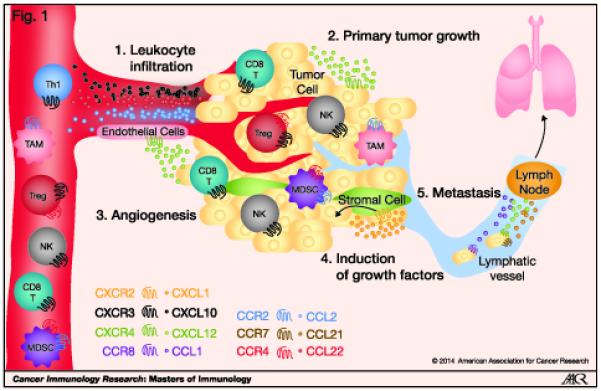Figure 1. Multifaceted roles of chemokines in tumor development.

(1) Chemokines produced by tumor cells, intratumor stromal cells, such as fibroblasts, and intratumor leukocytes can attract different immune cell types into the tumor bed. The composition of immune cells in the tumor can affect the outcome of development. (2) Tumor- and stromal cell-derived chemokines can directly support the growth, proliferation and survival of tumor cells. (3) Chemokines released by tumor cells, stromal cells and leukocytes can regulate the process of angiogenesis by their angiogenic or angiostatic activity. (4) Chemokines produced within the tumor can induce the release of tumor-promoting growth factors that can act in a paracrine fashion to promote tumor growth. (5) Chemokines are also involved in the migration of tumor cells to distant sites for the development of metastasis. CD8 T – CD8+ T cell; Th1 – Th1-type CD4+ T cells; NK – natural killer cell; Treg – regulatory T cell; MDSC – myeloid-derived suppressor cell; TAM – tumor–associated macrophage.
